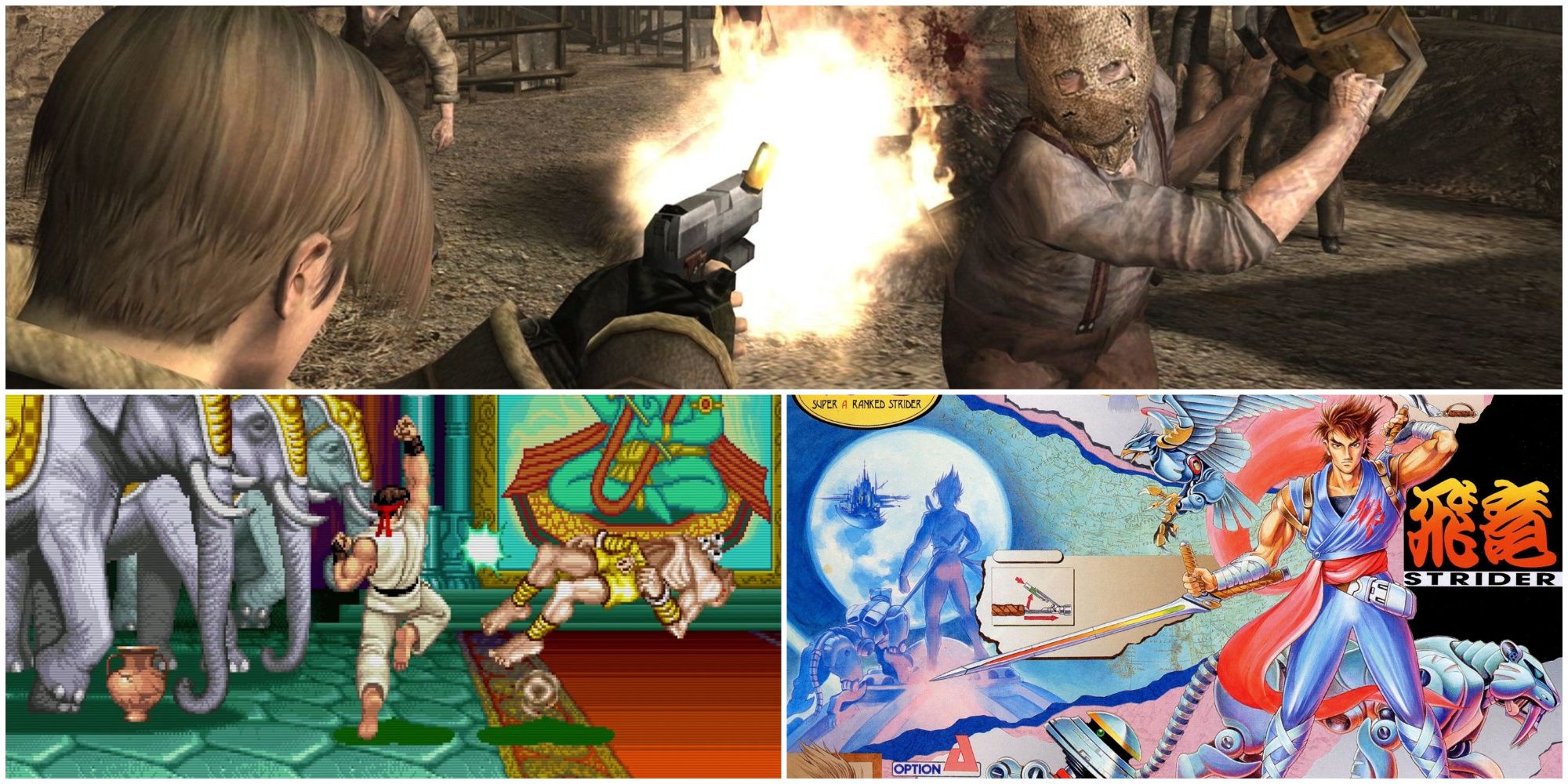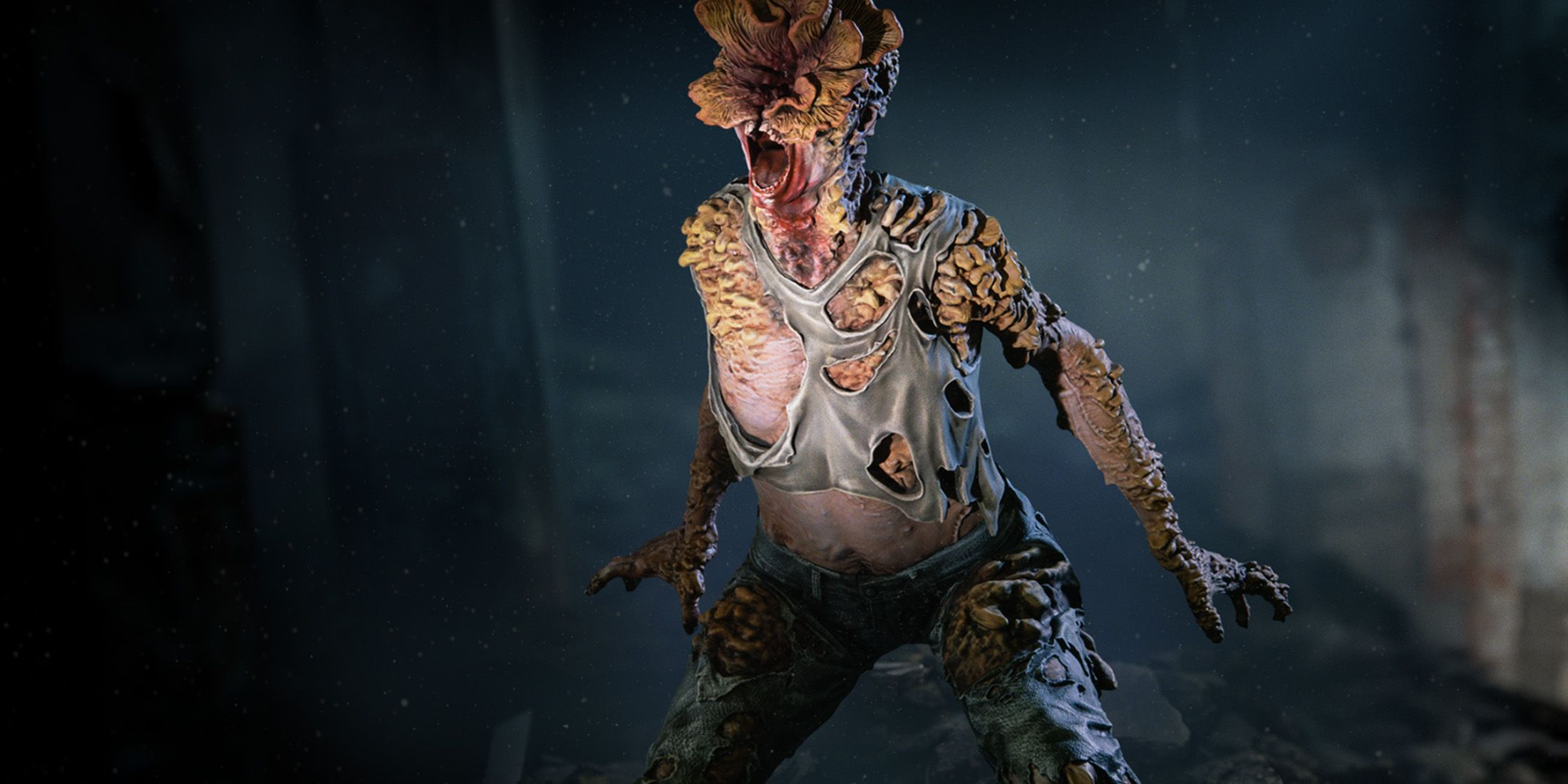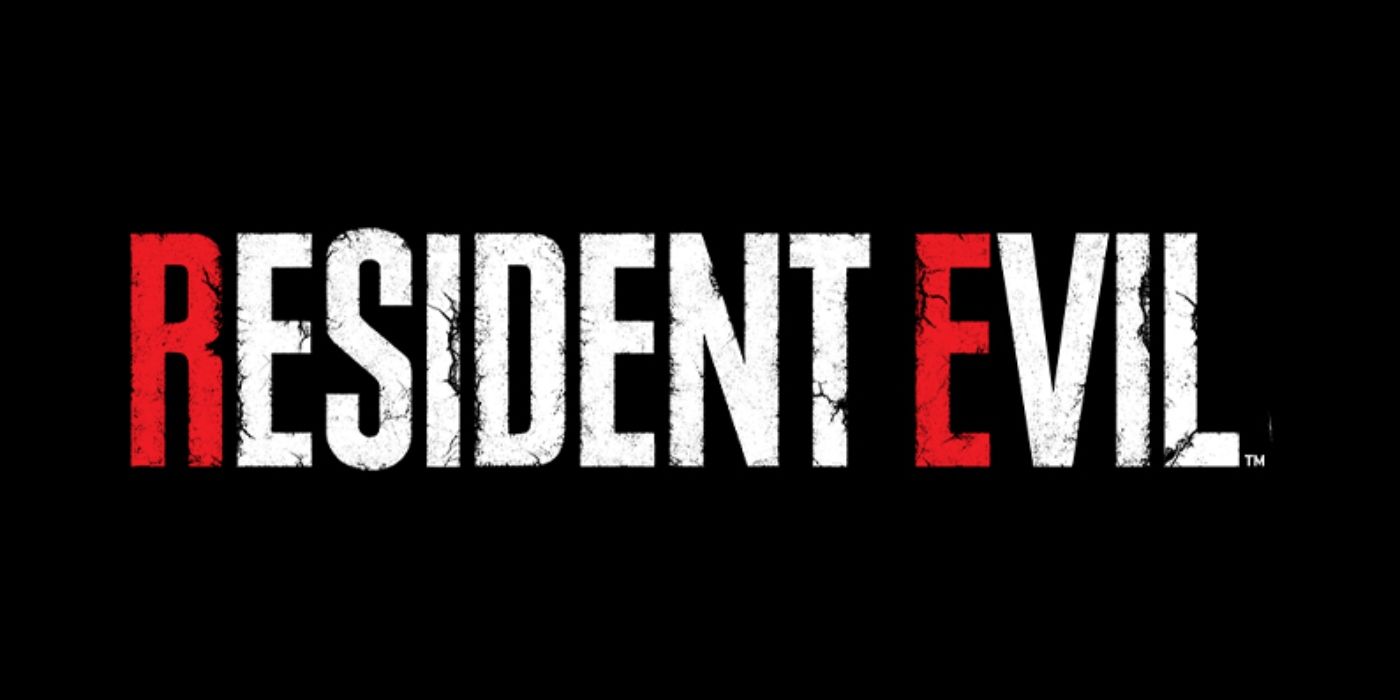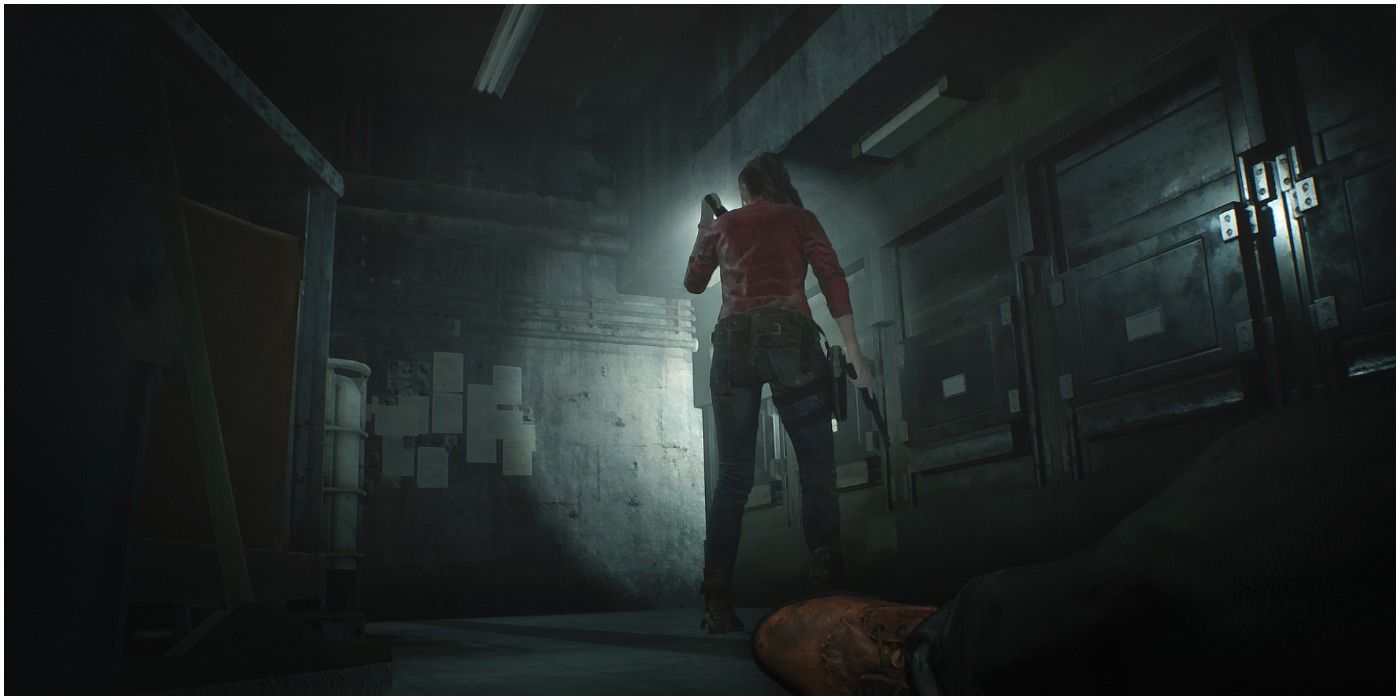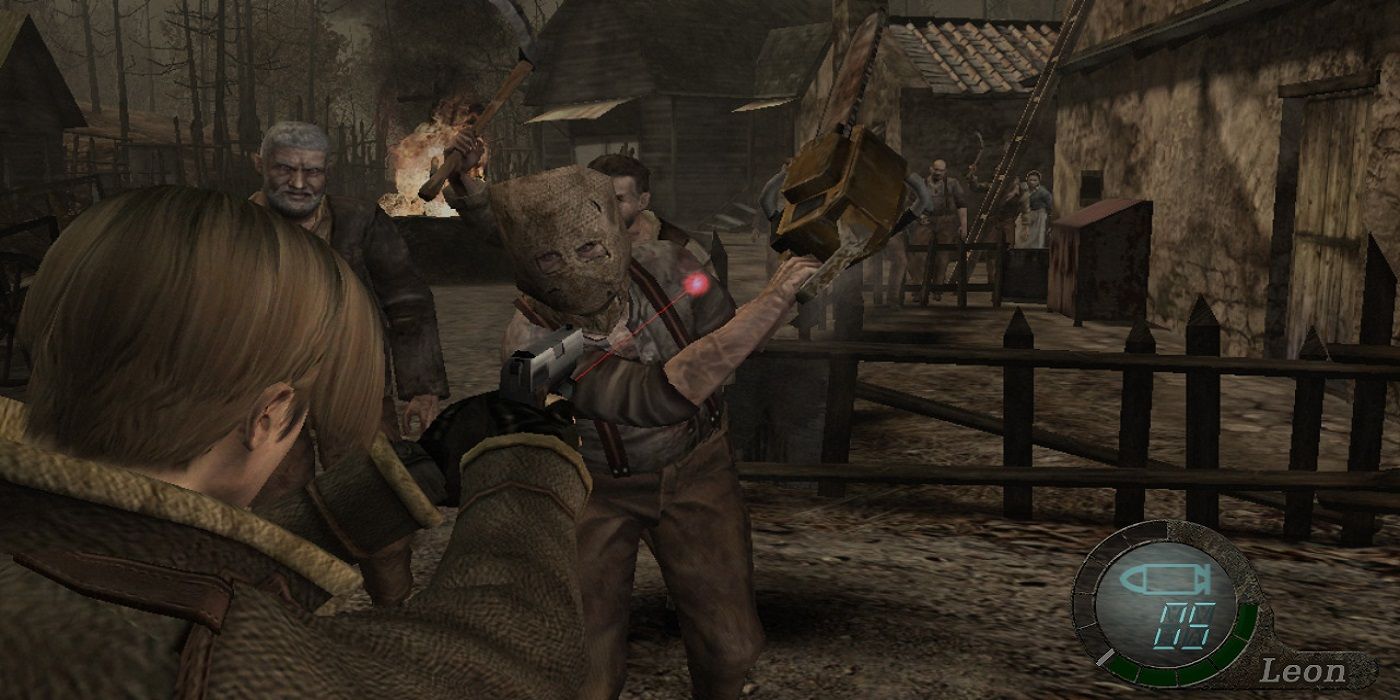The Resident Evil franchise may be the most popular survival horror series, but it isn't technically the first survival horror game. Before the term survival horror was created, earlier games such as Resident Evil's spiritual predecessor Sweet Home and Infogrames' Alone in the Dark already implemented and pioneered the mechanics that defined the survival horror genre.
However, it was Resident Evil that invented the term survival horror, and ever since the launch of the first game in 1996, several other games followed Resident Evil's footsteps. For 25 years, the Resident Evil franchise produced hit after hit, with the latest being Resident Evil Village, which is already breaking records for the series. Unfortunately, the same couldn't be said for other survival horror games released around the same time as Resident Evil, such as Silent Hill, Clock Tower, and Fatal Frame. But how did Resident Evil manage to stay relevant for two and a half decades?
Resident Evil Knows How To Balance Out Horror
Out of all the survival horror games out there, many would agree that Resident Evil is the most approachable, which is one of the primary reasons it remains popular among gamers. It is no secret that survival horror games are considered to be a niche genre, given that not every player can endure all the challenges and terror survival horror games offer. It is worth knowing that Capcom is very much aware of this, which is why it has always designed Resident Evil games to be just scary enough to satisfy fans of the genre while keeping them open to a wider player base.
One good example of this strategy is seen in Resident Evil Village. In an interview with one of the game's developers, it was revealed that Capcom had to dial down the horror aspect of Resident Evil Village after the company received feedback from players that Resident Evil 7 was too scary. True enough, Resident Evil 7 is considered to be the scariest entry in the Resident Evil franchise. While the game was a success due to its return to survival horror, not everyone could play it. This is not to say that Resident EvilVillage is not scary at all, given that those who were able to play it could attest that it has its moments. But unlike its predecessor, Capcom decided to balance out the horror factor to a sweet spot that would satisfy both diehard and casual horror fans.
Resident Evil Isn't Afraid to Step Out of the Box
Apart from knowing just how much terror most of its players can endure, Resident Evil has been able to remain relevant for 25 years because Capcom is not afraid of changing things up as the series progressed. After the franchise's initial success with Resident Evil and Resident Evil 2, things started to trend downward, beginning with Resident Evil 3 and the first game's remake. Given this, Capcom decided to reinvent the Resident Evil formula by ditching the traditional fixed camera and tank controls as seen in Resident Evil 4.
Although many see Resident Evil 4 as the game that led the franchise to lean more on action than horror, the new mechanics helped modernize Resident Evil, and RE4 received critical acclaim from both players and critics. Of course, while some changes made to succeeding Resident Evil games were hit-and-miss, the risks Capcom took to innovate the franchise ensured its longevity. Fast forward to Resident Evil 7, and Capcom once again took the leap of faith by transitioning the franchise from over-the-shoulder to first-person. In the end, while not every single change Capcom made was for the better, the studio's ability to evolve the Resident Evil franchise with the times is a major contributor as to why it continues to remain popular even after 25 years.

